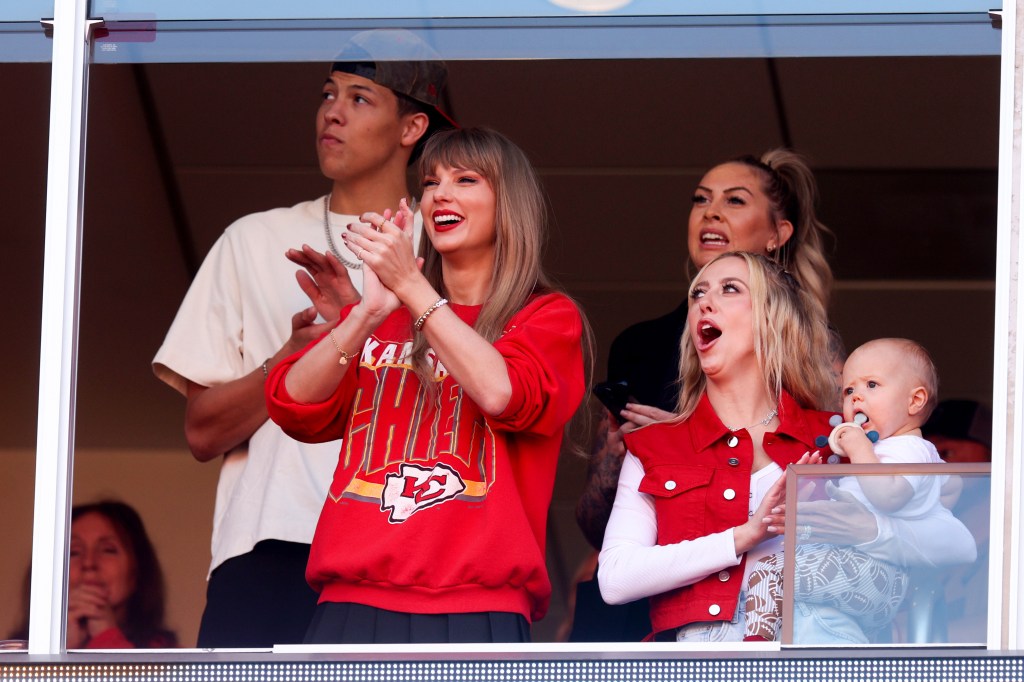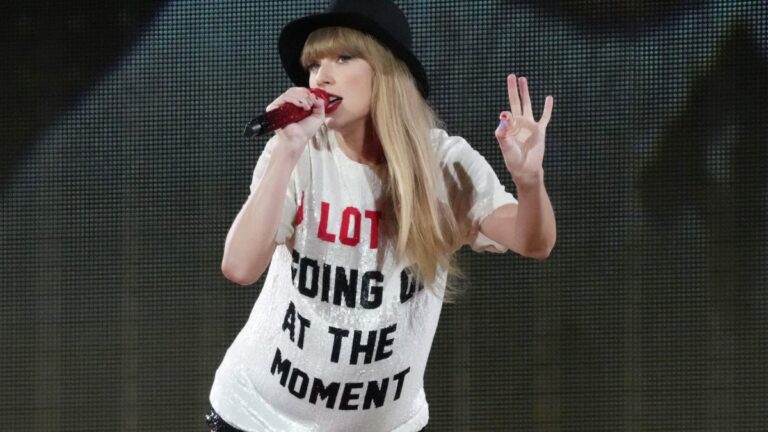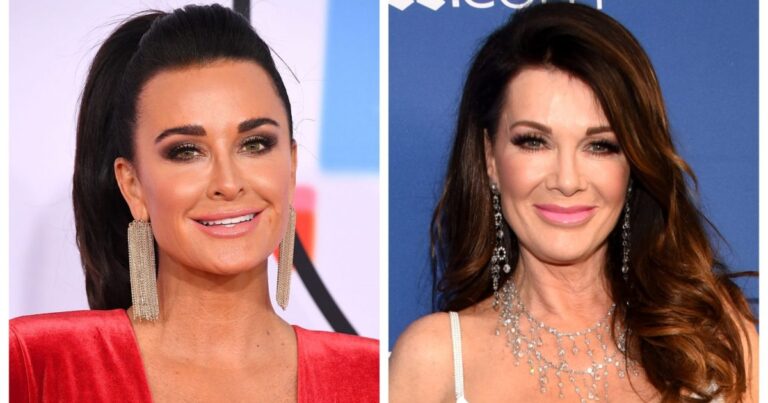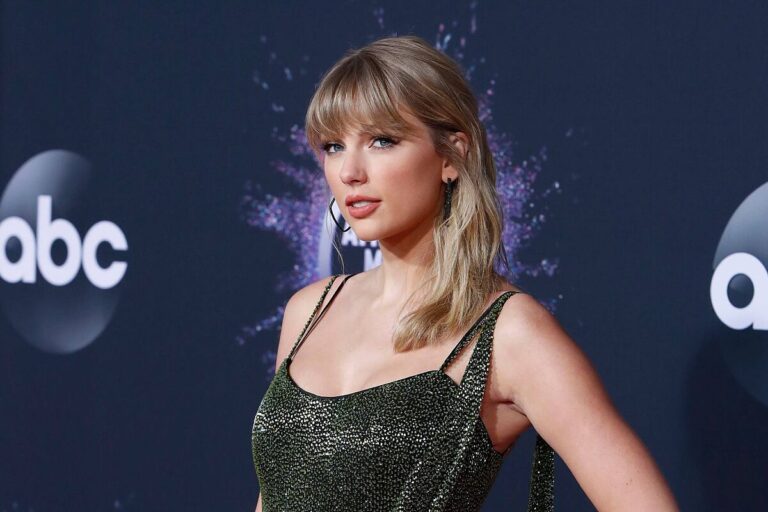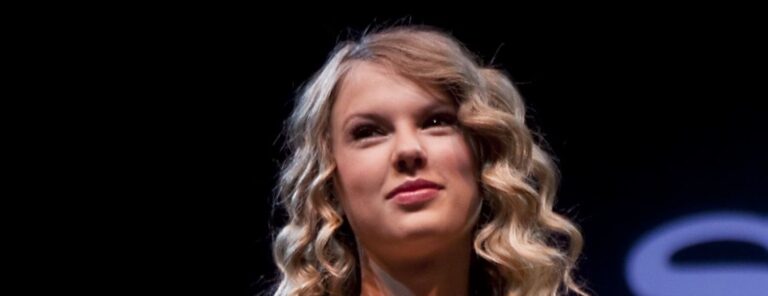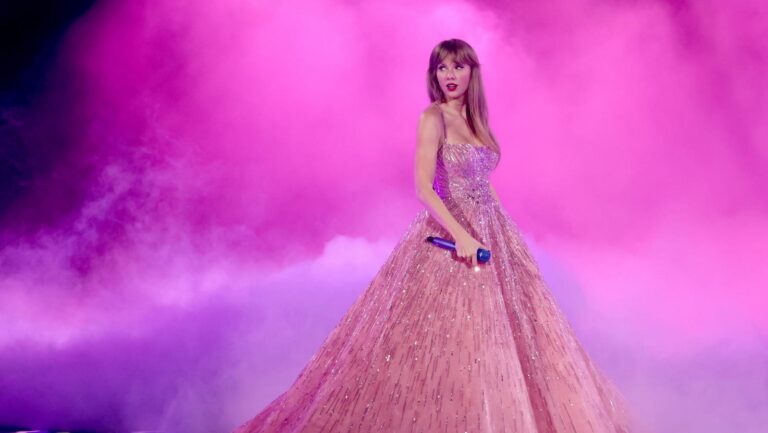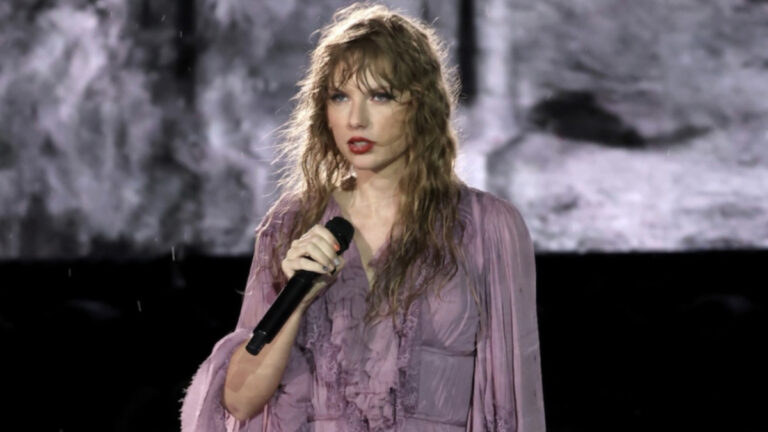Fierce Defense: ESPN Host Elle Duncan Stands Up for Taylor Swift Amid ‘Distraction’ Allegations
Taylor Swift finds herself at the center of controversy as fans blame her for the Kansas City Chiefs’ recent losses. The pop star, who is dating Chiefs tight end Travis Kelce, has become a target for angry fans who believe her presence at games is distracting the team. As the Chiefs struggle on the field, speculation about Swift’s influence continues to grow.
Prominent sports personalities, such as Fox Sports’ Skip Bayless, have joined the conversation, fueling the narrative that Swift is a distraction. Following the Chiefs’ loss to the Las Vegas Raiders, Bayless took to Twitter to express his opinion, questioning whether Swift’s presence was negatively impacting the team’s performance. The Chiefs’ disappointing record of 9-6 has only added to the frustration among fans and players alike.
However, not everyone is quick to point fingers at Swift. ESPN’s Elle Duncan has come to her defense, speaking out against the unfair blame placed on the pop star. In a recent episode of her podcast, The Elle Duncan Show, Duncan expressed her frustration with the tendency to blame women for athletes’ struggles. She highlighted past instances where female celebrities were scapegoated for their partners’ performance, emphasizing that it is unfair and unjust.
Duncan’s impassioned plea for a more nuanced perspective on the situation resonates with many who believe that Swift should not bear the brunt of the criticism. The idea that a successful athlete like Kelce would be incapable of balancing his personal and professional life is dismissed as outdated and sexist. Duncan’s call to end the narrative of blaming Swift is a reminder of the harmful stereotypes and biases that continue to persist in the sports world.
As the debate rages on, it is essential to remember that athletes and their partners are individuals with their own lives and interests. Placing the blame on Swift for the Chiefs’ struggles oversimplifies a complex situation and perpetuates harmful stereotypes. It is time to shift the focus away from baseless accusations and towards a more inclusive and empathetic understanding of the challenges faced by athletes and those close to them.

